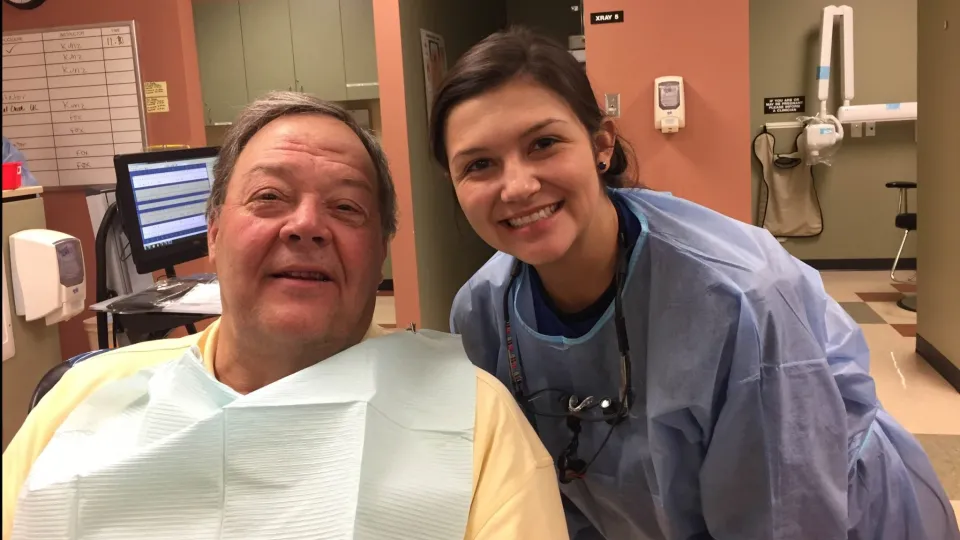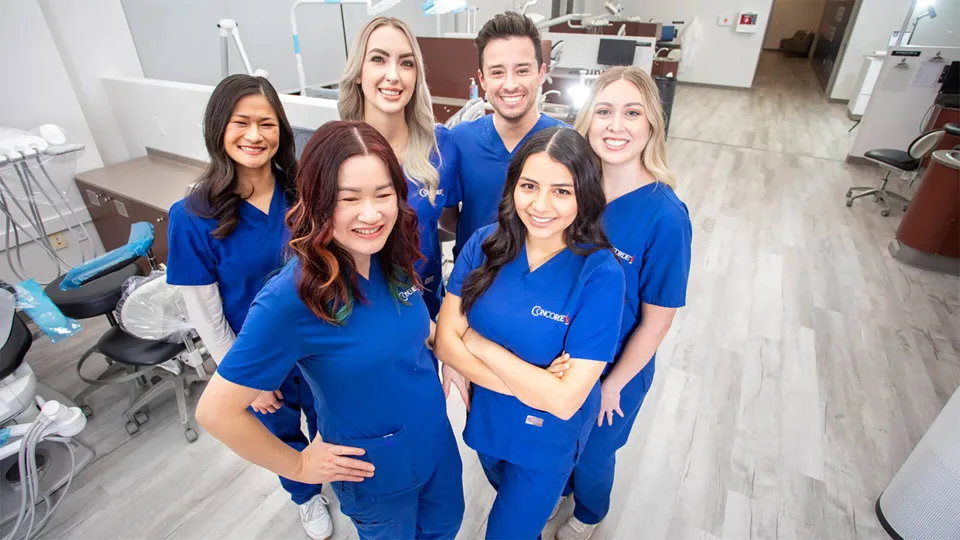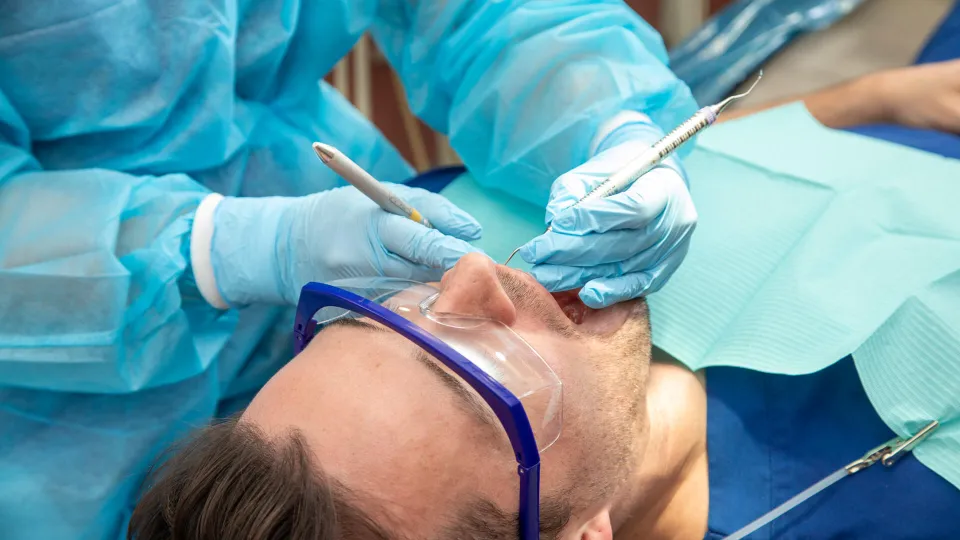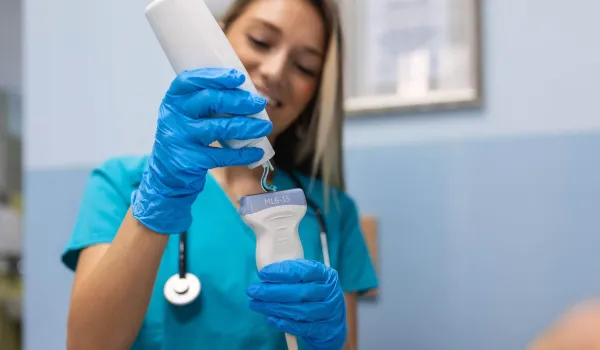
All fields of health care experience changes and advancements in technology and techniques constantly, and Dental Hygiene is no exception. In turn, Dental Hygiene college and training programs like those at Concorde are always changing and improving curricula to keep up with new advancements.
We recently received some input from Diane Osso, RDH, MS, Dental Hygiene Program Director at Concorde's campus in Aurora, Colo. on what a few of the latest technological advances in Dental Hygiene look like.
Improvements in instrumentation
Hu-Friedy, a major manufacturer in dental instruments and equipment, recently has developed new methods of metallurgy that results in a superior strength stainless steel that holds a sharp edge longer than most other brands of dental scaling instruments.
"This saves the dental hygienist the time spent sharpening, results in less hand fatigue and is ultimately more comfortable for the patient," Osso said.
Dental Hygiene in treating cavities
Dentistry has seen a dramatic shift in how early signs of cavities are treated. Students are taught to complete a Caries Risk Assessment (CAMBRA) on each patient to determine treatment needs based on the unique risks faced by that patient. If the risk for cavities is low, Silver Diamine Fluoride is a new product that can be used to arrest lesions.
"The silver is a substantive antimicrobial that prevents the reinvasion of the cariogenic bacteria," Osso said. "The fluoride in this liquid preparation promotes re-mineralization. After it's applied, a barrier layer forms that promote an increased mineral density in the tooth's enamel shell."
"This new way of treating cavities is a non-invasive preventative approach that can save patients the cost and pain of getting local anesthesia and teeth drilled and fillings placed."
It seems that prevention is the wave of the future in dental hygiene.
Technological advances in Dental Hygiene
Just as computers have taken most industries by storm, dentistry has remained current with new technological advances.
Some of those new advancements include digital impressions, computer-aided design/computer-aided manufacturing (CAD/CAM) and 3-D printing. These computer-aided processes help with fabrication of orthodontic aligners, removable prosthodontics (dentures), surgical templates for dental implants, crowns, bridges, restorations and other dental procedures.
"I personally had all of my old amalgam restorations replaced with in-office, same-day ceramic restorations from this technology," Osso said. "The tooth is drilled and prepped, then a special camera takes a picture of the prep area, the picture is uploaded into a CAD machine, a ceramic block is placed into this machine, the CAM mills down the ceramic block to fit the prepared cavity and restoration is cemented into place."
"It's an awesome, yet expensive, new method of restoring teeth."
Dental hygienists in California are excited about a law that passed recently that will allow them to place Interim Temporary Restorations (ITR). This is a preventive technique that places a vulnerable tooth in a holding pattern and stops the progression of decay until the patient can be seen and receive definitive treatment by a dentist. This addition to the scope of practice will allow for the expansion of services to underserved populations who do not have access to a dentist.
"California Dental Hygiene program faculty and Concorde's National Curriculum Director are working on creating and incorporating (the technique) into their curricula so that all future Concorde graduates will be able to move forward in providing this important service to their patients," said Laurel Sampson, RDH, M.Ed., Dental Hygiene Program Director at Concorde Career College - San Diego.
These are just three advancements that have changed dentistry in the past five years. On-campus and online Dental Hygiene students at Concorde will learn about those and much, much more within the curriculum of our 17-18-month associate's degree program.
Interested In How To Become a Dental Hygienist?
Click here to explore Concorde Dental Hygienist Programs near you!Take The Next Step Towards a Brighter Future
Interested in learning more about our Dental Hygiene program?
We have a Concorde representative ready to talk about what matters most to you. Get answers about start dates, curriculum, financial aid, scholarships and more!







